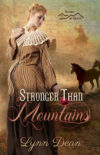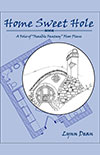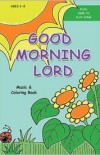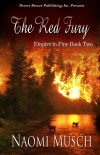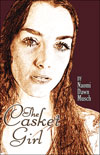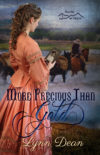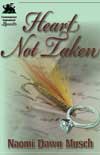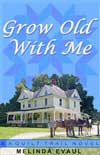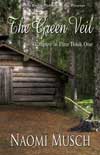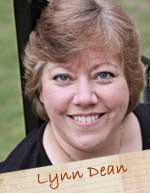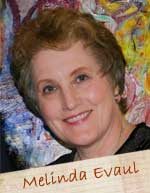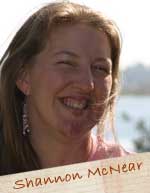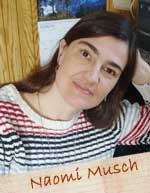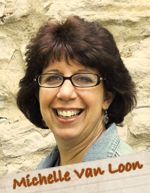The End
There’s something so immensely gratifying about typing those words. A hint of sadness, perhaps, but an overwhelming cause for celebration!
Typing “the end” means that you have completed a huge task–one that you began with trepidation, perhaps, not really sure you had it in you.
“The end” means that you’ve said what you had to say on the subject. That you’ve accomplished what you set out to do.
You have reached a natural point of conclusion, and recognizing that you have reached the end of what you had to say requires skill and discernment. To more would just add words–though you, as the author, are free to edit at some future point if it seems wise.
Far from being merely an ending, the end of one project implies the beginning of new projects, challenges and opportunities.
And that’s where we are!
Four years ago, a group of writers who were also homeschool moms merged their talents and perspectives to present free online writing instruction for home schooled teens. Like any good story, there have been surprising twists and turns in the plot. Some of our original team had to say goodbye, and fresh characters joined along the way. We discovered that in addition to the home schooled teens we expected, a fairly large proportion of our readers were adults launching out on a new learning adventure because they’d discovered they had something to say to the world. Bravo! (And we should have known! After all, isn’t the essence of homeschooling learning as a lifestyle for a lifetime? You’re doing it!) Each member of our team has experienced growth. Professionally, we’re all published now. Personally, we’ve seen children finish college, marry, and some have grandchildren. I guess you could say we’ve reached our happy ending, and the best part is that some of our students have too! A few have received their first writing awards and contracts. We don’t claim credit by any means, but it’s been a delightful subplot. 🙂
The NOVELWritingSite has four years of lessons in its archives–enough to help any student learn and grow in their skills as a writer.
What’s next?
Over the next few months, I will begin to categorize, unify, and polish this material with a view to make the lessons available in book (or ebook) format. There will be new posts, and some new material to “connect the dots,” but if you are just beginning your best bet is to pick a skill you’d like to develop and dive into the archives in the sidebar. Never fear, the website will continue for the foreseeable future. It’s not “the end”–just the beginning of something new.
We so appreciate you taking this journey with us!
The End
(…or is it the beginning?)

